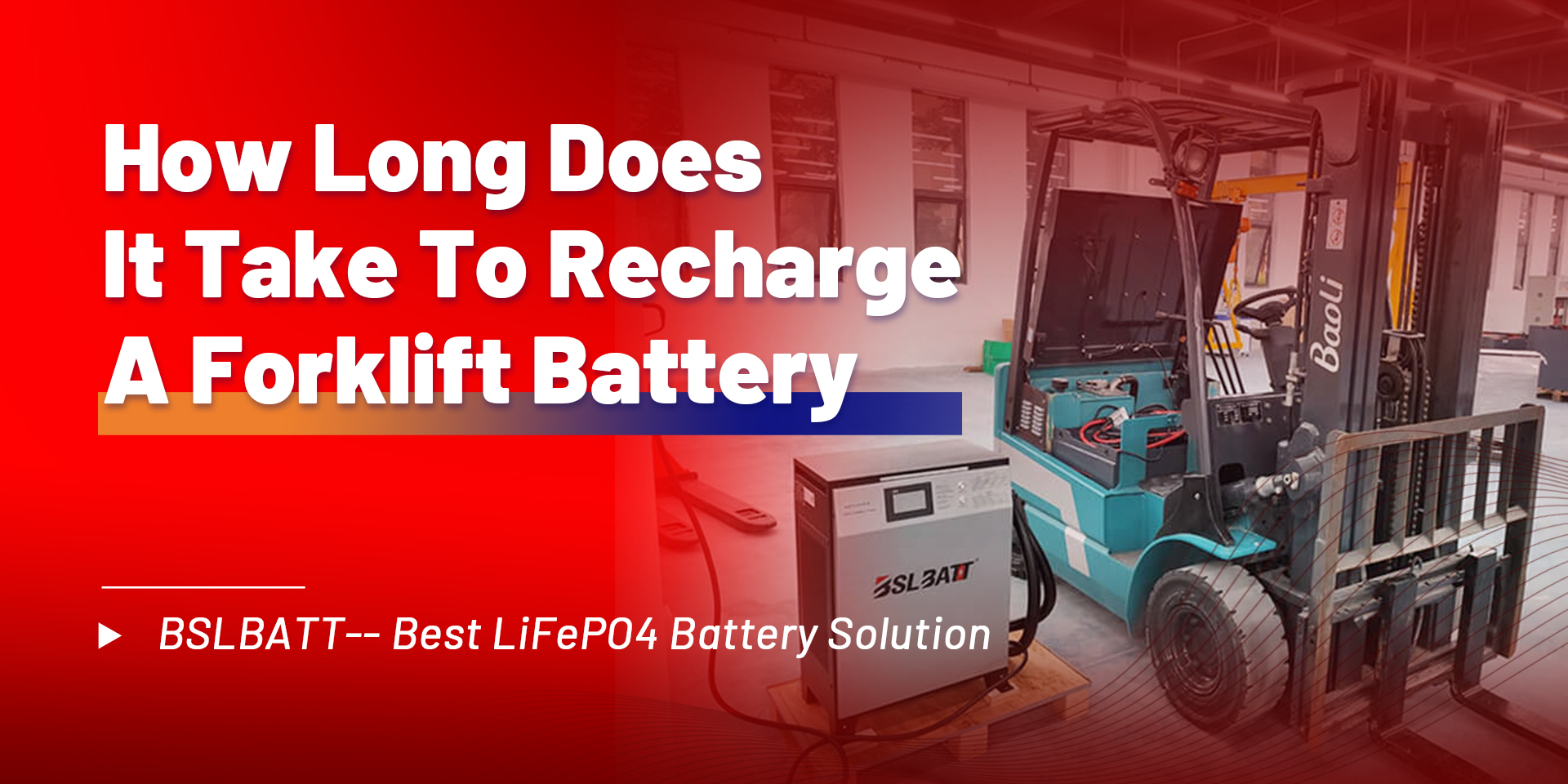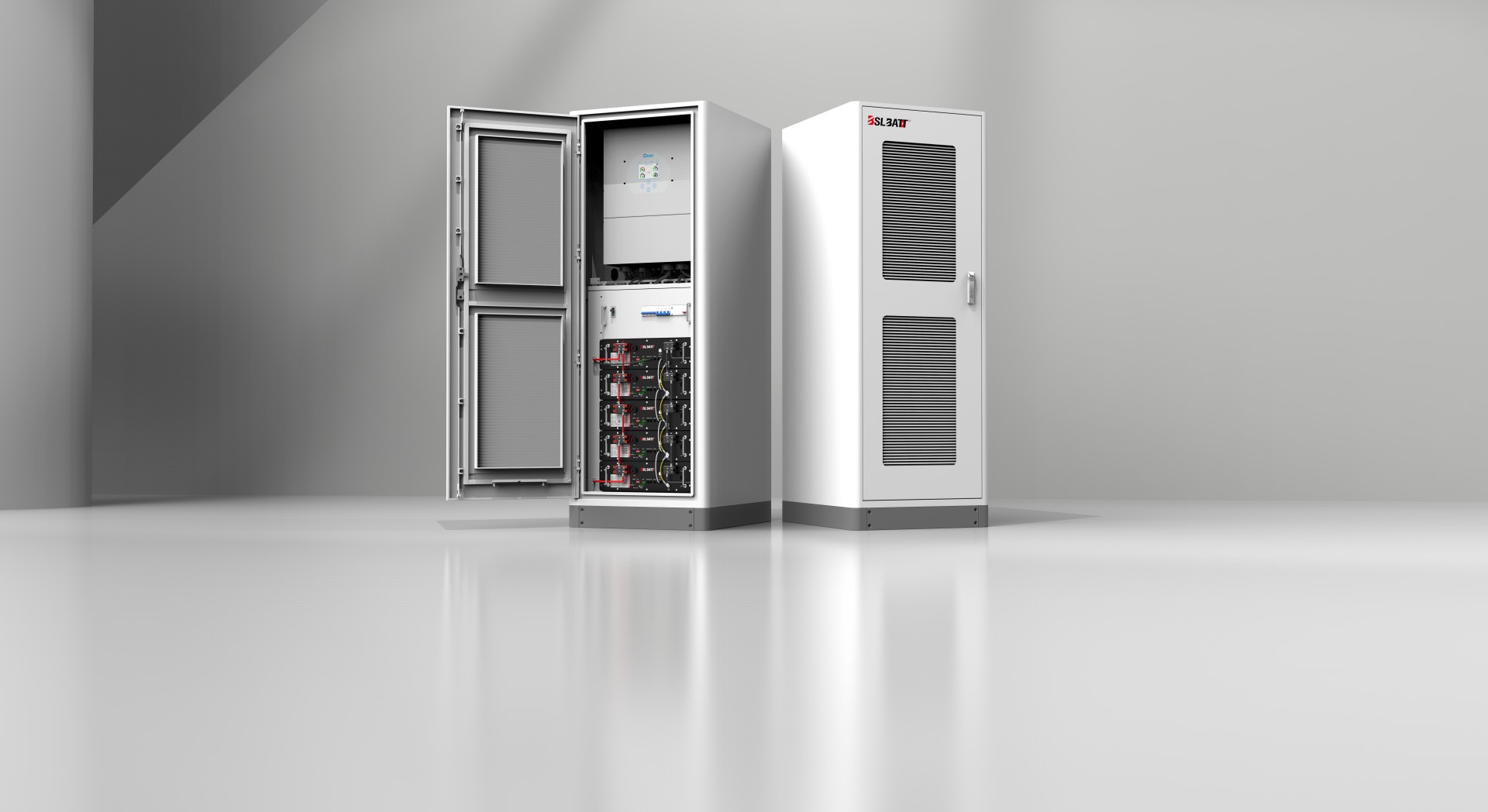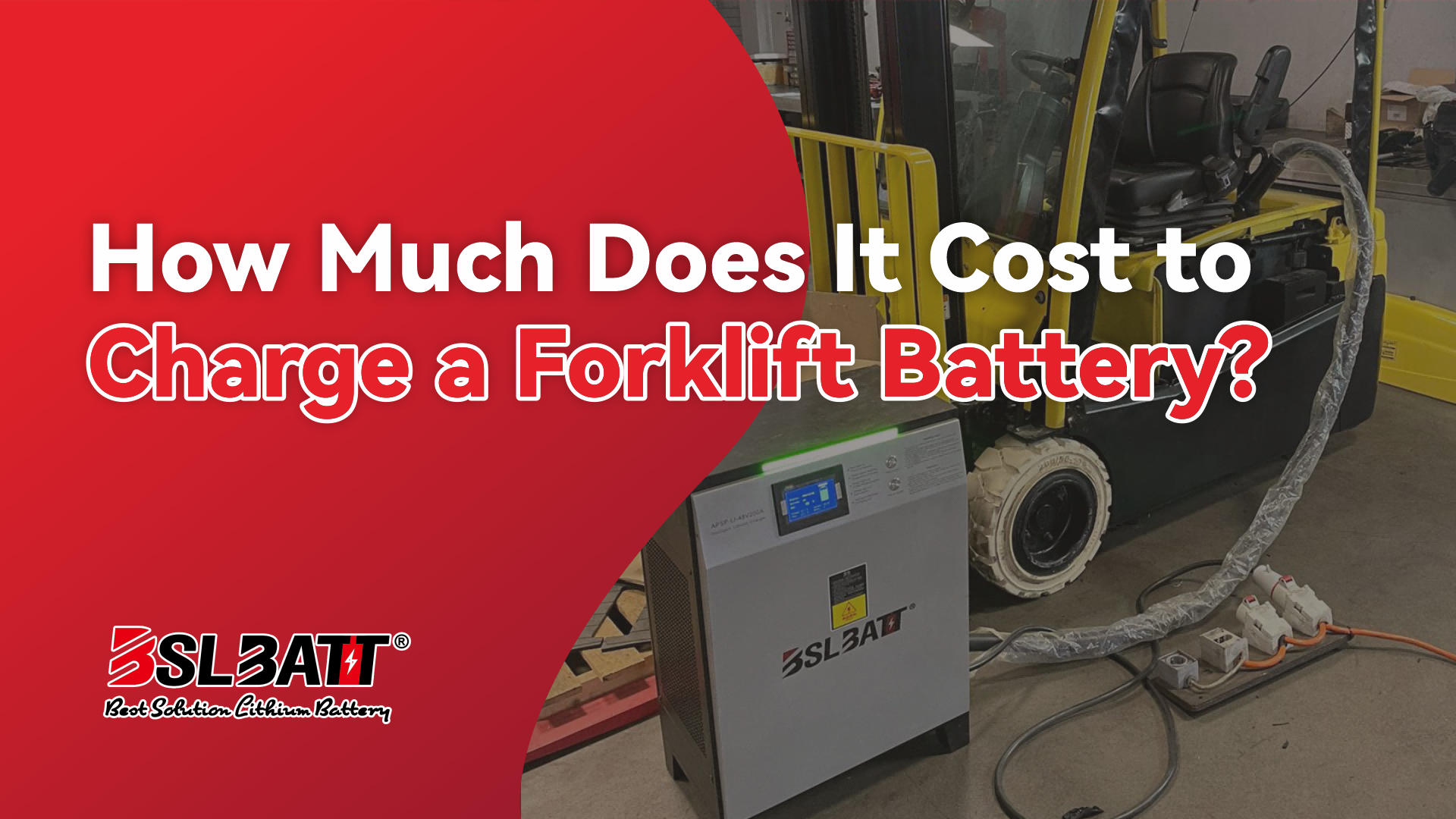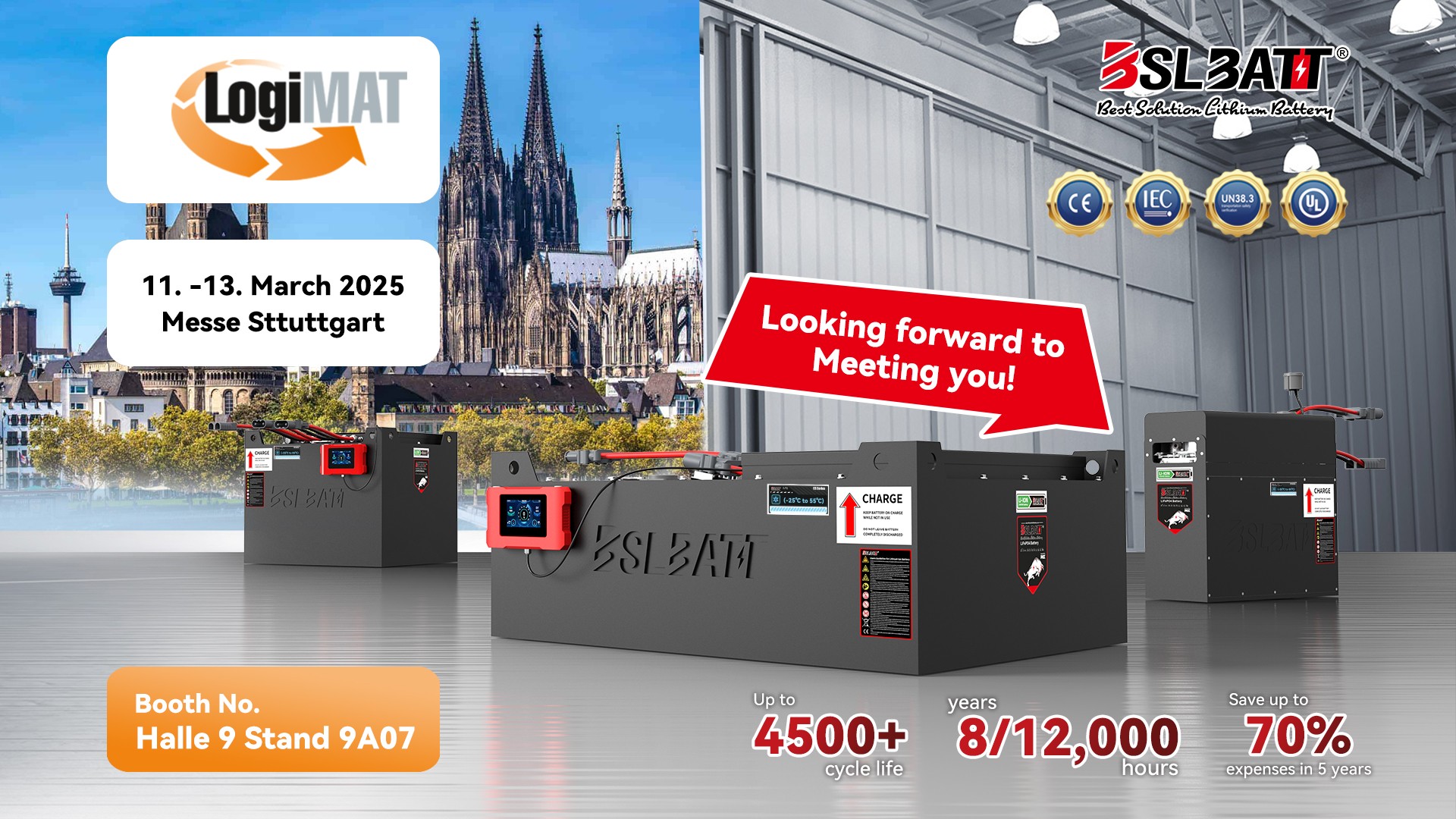An increasing number of factories are starting to use electric forklifts, which are gradually taking over the mainstream of material handling equipment in factories by virtue of their longer lifespan, environmental friendliness and easier maintenance.A proper understanding of electric forklift charging will help the batteries run efficiently and last as long as possible. The following pages will introduce how long it takes to recharge a forklift battery and the factors that affect it, in order to optimize the efficiency of the electric forklift and to maintain the continuity of the operation.
The Importance of Forklift Battery Maintenance
Maintaining Forklift Battery increases the durability, improves performance and maintains safety of electric forklifts. Proper maintenance not only extends the life of the battery, but also improves operational performance and minimizes downtime.
Factors Affecting Forklift Battery Recharge Time
When considering forklift battery recharge time, the type of battery—lead-acid or Lithium—plays a significant role. Here’s a comparison of how each type affects recharge time.
--Battery Type
Lead-acid batteries were previously a common choice for forklifts, known for their reliability, but with longer charging times and higher maintenance requirements. Normally, lead-acid batteries take 8 to 12 hours to fully charge, due to the multiple stages of the charging process including bulk, absorption and float charging. These batteries also require regular maintenance such as checking and topping off water levels and cleaning the terminals to prevent corrosion. Failure to properly maintain these batteries can lead to reduced charging efficiency and shorter service life. Despite these problems, lead-acid batteries are still widely used due to their low cost upfront, but the increased charging time and maintenance time can lead to increased downtime.
Lithium batteries are increasingly popular in forklift industry due to their advantages over traditional lead-acid batteries. One of the most significant advantages is the faster charging time, with Lithium batteries typically reaching 80% charge in just one to 2 hours and being fully charged in about 2 to 4 hours. This fast charging is due to its higher efficiency and simpler charging process, which does not require multiple stages like lead-acid batteries. Additionally, Lithium batteries are virtually maintenance-free, they don’t require regular refilling of water or cleaning of the terminals, and they have a longer overall lifespan with less degradation over time. Combining fast charging, minimal maintenance and durability, Lithium batteries are ideal for maximizing operational efficiency and minimizing downtime in demanding forklift applications.
--Other Reasons
There are other factors that can affect how long it takes to recharge a forklift battery. The larger the battery capacity, the longer it usually takes to charge. The type of charger is also critical. Higher power rapid chargers can significantly reduce charging times, but may need to be compatible with a particular battery. In addition, the battery’s current state of charge, ambient temperature and usage patterns can all affect charging efficiency. For example, extreme temperatures may lengthen charging times, while frequent deep discharges or overly fast charging may degrade battery performance and lead to longer charging times. Finally, the health of the battery is also critical; well-maintained batteries charge more efficiently, while aging or damaged batteries may take longer to fully charge. Understanding and managing these factors can help optimize the charging process for forklift battery and improve overall efficiency.
Best Battery Solution For Forklift
Adopting advanced lithium iron phosphate (LiFePO4) technology, BSLBATT electric Forklift Battery is significantly better than traditional lead-acid batteries in terms of stability, safety and service life. For example, BSLBATT 48V forklift lithium batteries can be fully recharged in just 2-3 hours and have a long service life of 3,500 cycles, as well as an 8-year warranty. Not only does the lithium forklift battery offer excellent safety and longevity, it also maintains an efficient charge in cold environments, making it to be the optimal power supply for cold storage warehouse and outdoor operations. Unlike lead-acid batteries, BSLBATT LiFePO4 batteries require minimal maintenance, eliminating the need for frequent inspections and repairs, which reduces downtime and labor costs. In addition, these batteries are compatible with a wide range of forklift models and feature simple plug-and-play installation for easy integration and standardization of battery solutions.
If you have any questions about our lithium battery solutions for electric forklifts, please do not hesitate to contact us!
















